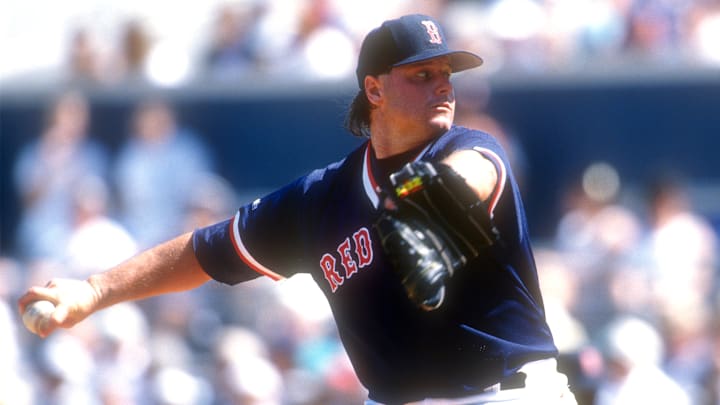No. 2: Dwight Evans
Steering away from tip-toeing the steroid line, let's focus on the Baines Line. For those who are unfamiliar, the Baines Line refers to Harold Baines, recent inductee into the Hall of Fame through the Today's Game Era Committee, and who has become the poster child for the undeserving Hall of Famer.
Baines collected a career WAR of 38.8, and fans like to use this number as reasoning for many more players who have accumulated more WAR than Baines to find their way into the Hall. Many players work using this framing, but I'm going to focus on one of Baines' contemporaries -- Dwight Evans.
Dewey may genuinely be one of the most underrated players in baseball history, and I think that had he hit more of the traditional statistical milestones that voters look for in position players, Evans would have been enshrined long ago. Evans fell just short on the WAR milestone of 70 that usually serves as a guarantee that someone will make the Hall of Fame at 67.2, while also coming up short of big milestones in traditional counting stats such as hits (2,446) and home runs (385).
Evans racked up eight Gold Glove awards, two Silver Slugger awards, and was named an All-Star three times throughout his career for the Red Sox. If someone like Baines can end up in the Hall of Fame, someone who had fewer individual accolades than Evans, whose counting stats are very similar to Evans, and seemingly was rewarded for his longevity (while Evans played 20 years!), then Cooperstown should be able to find a slot for Dewey to slide into.
